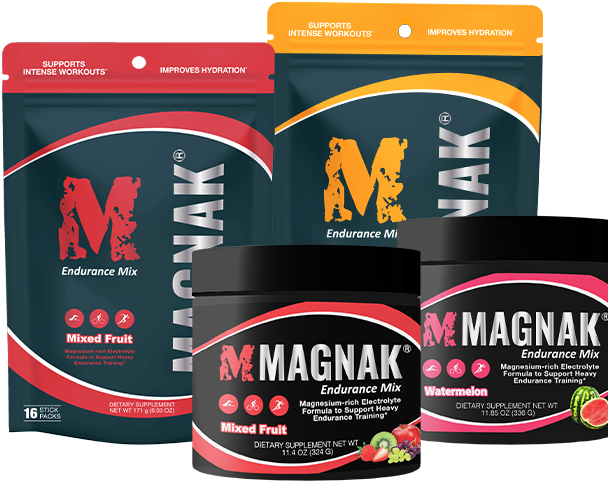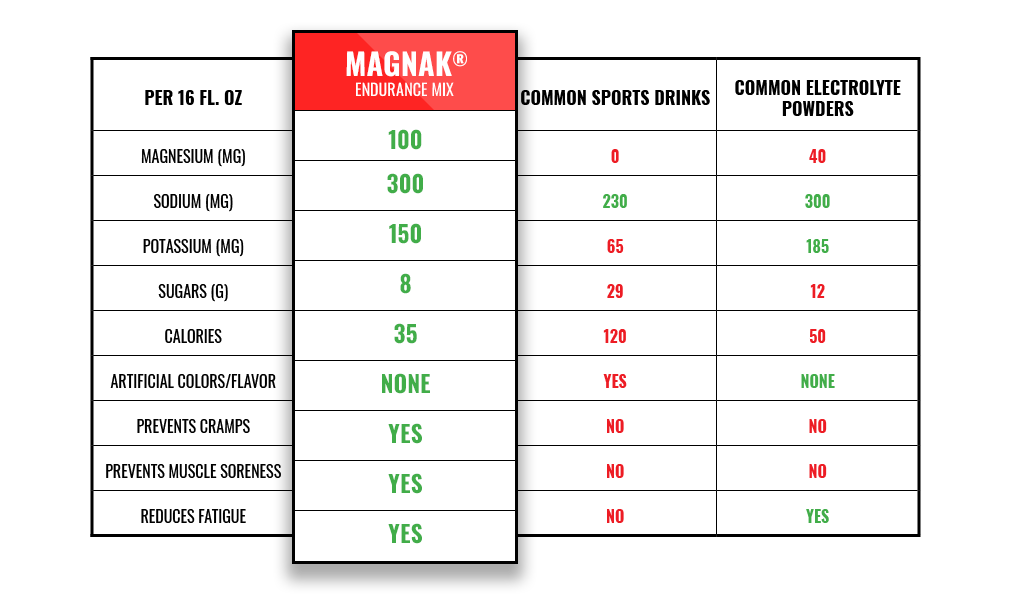Can Gatorade Really Help With Hydration
We’ve all been there. Either sick, tired, dehydrated or all of it, and many a times, have grabbed the most easily available Gatorade bottle for relief. Gatorade is everywhere, and they’ve done a great job commercializing their products. You can find them everywhere, in the remotest corner of the world, but the question most athletes in particular, ask, is Gatorade good for you?
Well, it depends on what you are truly looking for. If it is general hydration, then probably yes, anything “liquid” will make that cut. Replacement of your fluid deficit is the first step to achieving some early dehydration relief. But that can be done with almost anything- lemon water, light low sugar juices, coconut water, etc.
But is Gatorade really good for what it is advertising for? Is it truly a sports drink? That is a difficult question to answer, since there are no head-to-head studies with electrolyte/sports drink mixes. And rightly so- because the companies who manufacture these have no interest in doing so.
For us to answer the question, we need to analyze what Gatorade really provides. Here is a label for Gatorade ready-to-drink bottle, which they call it “Thirst Quencher”.

Every bottle contains 591 ml of Gatorade in many different flavors, with most of them having artificial colors. On the label, it lists that a serving size is one full bottle or 591 ml that delivers 270 mg of sodium, only 80 mg of potassium and 36 grams of carbohydrates with about 34 grams of it being sucrose (or regular sugar). Each serving also provides 140 calories, all of them derived from sugar ingestion.
Here are the problems with Gatorade:
*Too much sugar (you do not have to be a genius to know that 34 grams isn’t good for you)
*Too little sodium (considering sodium is the most common electrolyte lost in sweat)
*Low in potassium (one would expect a potassium concentration of about 160 mg or 4 meQ to have some clinically measurable outcome)
*And absolutely ZERO magnesium.
So, the effects of Gatorade on the human body (as on mine) would be- sugar loading, bloating, artificial colors, and minimal electrolytes with absolutely no effect on muscle health (or reducing muscle cramps, etc.). So, is Gatorade really good for you? Certainly, not as a sports drink.
In order for sports drinks to be great, we must hold them to a higher standard. Ask those questions: what am I looking for? Should there be functional improvement-if yes, then what? Are there measurables in performance I should be worried about? Does Gatorade help you improve performance? Does a sports drink prevent cramps? Does it help muscle contraction or cardiovascular health?
The problem is that Gatorade does none of these things. In fact, sugar loading with high fructose corn syrup can significantly damage your gut microbiota (those healthy microbes in your gut). The sugar content makes it difficult to absorb the liquid due to a higher osmolality that eventually leads to bloating. The effect of artificial colors on human metabolism is still being studied but is not expected to be good. And the lack of electrolytes in a defined concentration argue against using Gatorade as a sports drink.
Is Gatorade good for you during an episode of sickness? In some ways, yes, it can provide with the much needed hydration while you are sick. There is only so much water you can drink when you have the flu or diarrhea. But that amount of sugar content is not good for you when you are sick either. And Gatorade does not have any vitamin C or magnesium (yes, again that magnesium!) that have an anti-inflammatory effect when you are sick. Many individuals get diarrhea when they are sugar "loaded" making Gatorade (at least the Thirst Quencher) not a great choice during sickness.

Well, what about Gatorade Zero, is that good for you? The label above depicts what Gatorade Zero actually delivers:
As you notice, there is obviously minimal sugar in this one which is good. But it is still filled with artificial colors such as Blue 1 and Yellow 5. The concentration of sodium and potassium isn’t much that can have an impact. And it has no magnesium to have any real effect on muscle health or performance. Gatorade Zero may be healthier than the Thirst Quencher but not as useful for performance.
A label form G2 Gatorade ( their low sugar option) claims it has ½ the amount of sugar and “All the Electrolytes”. The latter is utterly false. In order to have that as a true statement, it would mean that the drink would contain magnesium, calcium, phosphorus and possibly some bicarbonate. I am assuming it has chloride in addition to sodium and potassium.
The problem with G2 also is it is filled with colors, has no magnesium and the concentration of electrolytes is largely unstudied on its effects on performance. This makes the case pretty clear- Gatorade is not good enough for you if you are looking for a Sports drink for hydration particularly if you are an athlete. Can it hydrate you? Yes, but only if you are looking for that syrupy drink loaded with sugar, or artificial colors without much effect on performance.
So what should an ideal sports drink contain? Well for starters, a good amount of electrolytes, low amount of sugar and none of the "bad" filler stuff (maltodextrin, artificial colors). And a product that can have a measurable impact on the human body. MAGNAK is exactly that.

If you are an athlete who has cramps, palpitations or the one who wants to push boundaries, then MAGNAK is for you. Designed by physicians and scientists, and now back with clinical studies, MAGNAK is magnesium-rich and optimally delivers a higher amount of sodium and potassium while keeping the sugar intake lower. It has no artificial colors or preservatives making it the number one choice for endurance athletes! See below how MAGNAK compares with other electrolyte drinks in the market.

Try MAGNAK today and see how your workouts change forever!
The above is an Opinion based on current facts and available medical literature. Every attempt is made to show current data on the products depicted above including publicly available literature, images, etc. that are published.
